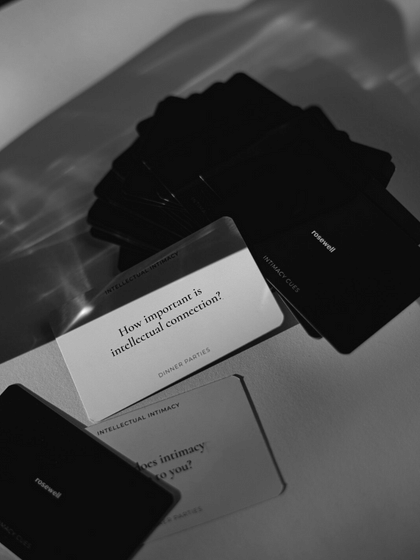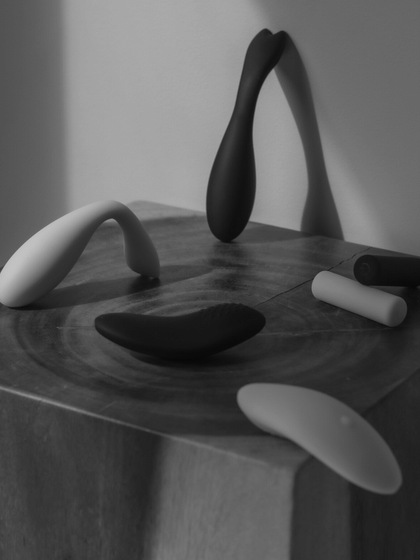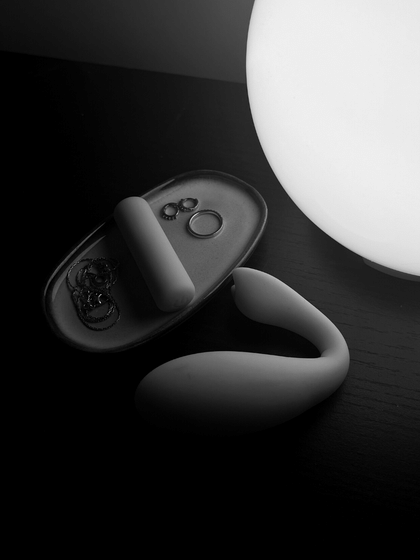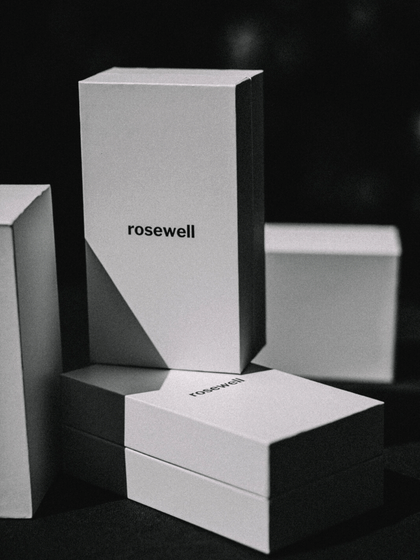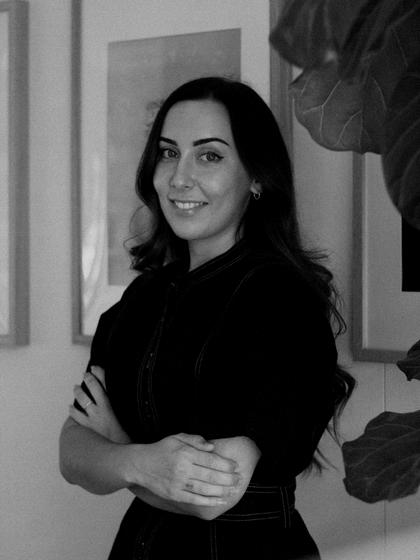In the age of distraction, mastering our relationships with ourselves and others is harder than ever. The average daily time we spent consuming media in 2020 was 13 hours and 21 minutes. Assuming we sleep for 8 hours each night, that leaves us with just 2 hours and 39 minutes of time sans distractions (assuming that time is not taken up by other distractions, of course). With constant demands for our attention, from friends and family across the globe, to strangers on the internet, to googling random questions late at night - simply taking the time to pay attention to just one thing or person is difficult in and of itself.
Paying attention takes time. A lot of time. And energy. Both of which appear to be in relatively short supply in modern life. By the end of the day, we’re exhausted from the incessant information overload. Our capacity is low.
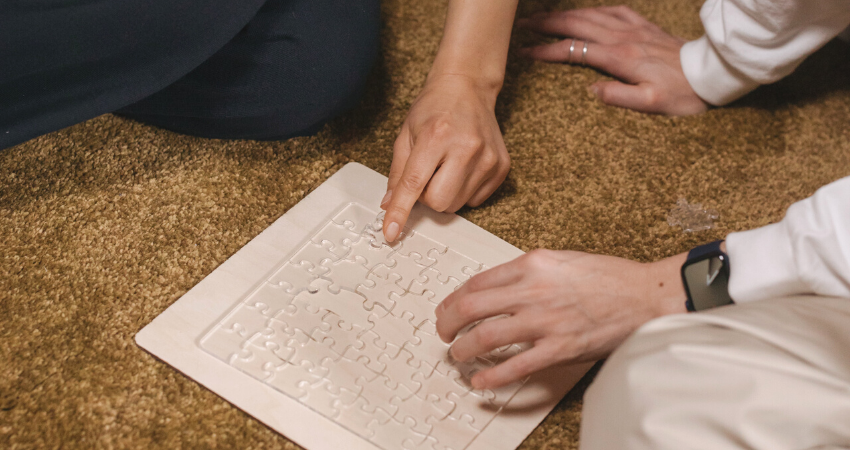
“The processing capacity of the conscious mind has been estimated at 120 bits per second. That bandwidth, or window, is the speed limit for the traffic of information we can pay conscious attention to at any one time...In order to understand one person speaking to us, we need to process 60 bits of information per second.�? - Daniel Levitin in The Organized Mind
What that means is, if someone is talking to you and you’re doing almost anything else - listening to music, eating, cooking - you’re probably at your processing limit.
But taking that time, to pay attention, is vitally important. For our health, our happiness, and the quality of our relationships. It might explain why more people in the West are meditating than ever before.
Start small. This week, find one thing you want to be attentive to, without distractions. It could be listening to your partner’s day, or noticing the trees on your commute.
“Simply paying attention allows us to build an emotional connection. Lacking attention, empathy hasn’t a chance.�?
- Daniel Goleman
